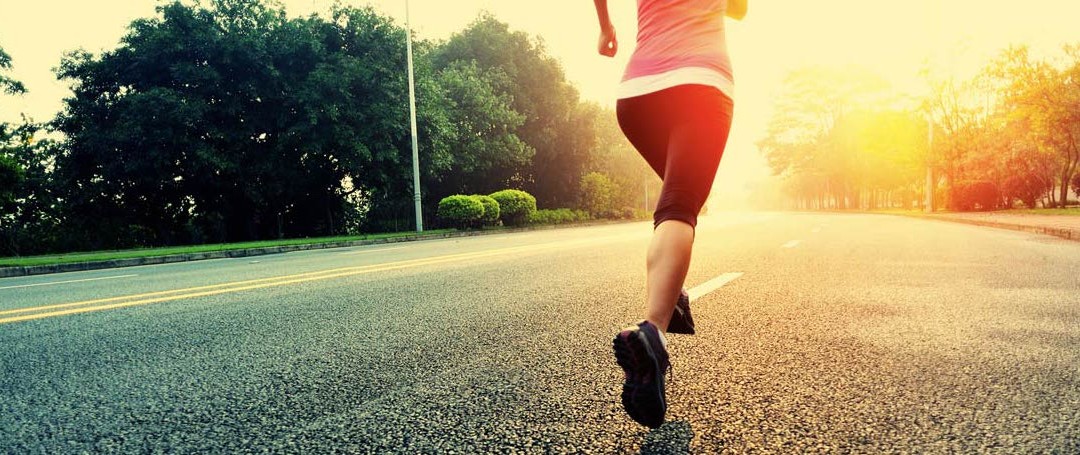Safe return to exercise after pregnancy
Exercise can help you recover after childbirth, make you stronger and improve mood. Even if you’re tired and not feeling motivated, there’s plenty you can do to get your body moving. But no two pregnancies are the same. How soon you’re ready to start exercising depends on your individual circumstances – so always check with a professional first. It’s important to listen to your body and get good support.
One of the first ways of incorporating exercise into your day is to walk with the baby in the pram.
Exercise is beneficial for new Mums
Regular exercise after you’ve had a baby will strengthen and tone your muscles, help you recover from labour if you gave birth vaginally, and raise your energy levels so you feel less tired. It may help you to also lose weight and become fitter.
Exercise is good for your mental wellbeing. It can relieve stress and help prevent postnatal depression. But don’t worry about not getting enough exercise. Caring for a newborn can be hard work, and you might not have the energy or time to work out as regularly as you’d like. When you are ready, Gillian can help with a supportive and supervised programme to get you back on your feet!
How your body changes after pregnancy
When you feel ready to exercise, it’s very important to not to overdo it. Even if you’re feeling great after having your baby, your body will have gone through big changes and needs time to recover.
Labour and birth can cause physical problems including back pain and a leaky bladder, both of which can be made worse by vigorous exercise. Pregnancy hormones can affect your joints and ligaments for up to 6 months after the birth, putting you at greater risk of injury.
Your abdominal muscles may have separated during the pregnancy. They usually go back to normal after the birth, but sometimes they can stay separated. You will need to do exercises to strengthen these muscles to avoid back pain and injury.
Your pelvic floor – the muscles and ligaments that support the bladder, uterus and bowel – can be weakened after pregnancy, especially if you had a large baby or pushed for a long time.
Regular exercises will help to strengthen your pelvic floor. But you should take care not to do more damage by exercising too vigorously too soon. Be careful of using heavy weights or doing high-impact exercise, as this can increase your chance of prolapse (when an organ, such as the uterus, drops down).
How quickly you return to exercise depends on how fit you were before you had the baby, and what happened during the labour.
If you’d like to chat to Gillian about your personal circumstances, and if you’re ready to start exercising, complete the form below.

